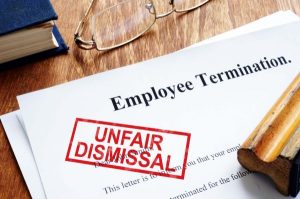Superannuation under the National Employment Standards
As of 1 January 2024 the National Employment Standards (NES) include a right to superannuation for national system employees. The Fair Work Legislation Amendment (Protecting Worker Entitlements) Act 2023 has amended the Fair Work Act 2009 by, among other things, requiring national system employers to make contributions to a superannuation fund for the benefit of …
Read more









